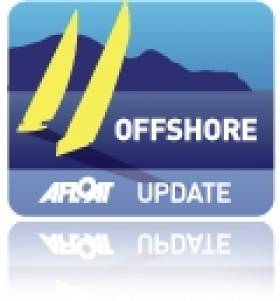Displaying items by tag: Robots
Robot Sailing Team Preps For Canada-to-Dingle Transatlantic Challenge
#Robots - Engineering students in Vancouver are hard at work prepping their challenger for the title of first boat to cross the Atlantic completely unmanned.
As reported on Afloat.ie last October, the robotic sailboat team at the University of British Columbia put out a call for assistance from any marina along Ireland's Wild Atlantic Way willing to be their destination port for their attempt at the Microtransat Challenge.
And now they have a finalised route that will take them from St John's in Newfoundland to Dingle in Co Kerry – a journey of three weeks and 2,900 kilometres.
But as the Comox Valley Record reports, they've only got till August to get their 5.5m sailbot ship-shape.
That involves installing a hodge-podge of robo-tech driven by solar panels and a network of sensors and GPS receivers to keep the as-yet-unnamed vessel both on course and away from any obstacles that might arise - whether bad weather systems, fishing boats, shipping lanes or random debris.
"It's not some kind of lab where everything's tip-top shape," says Kristoffer Vik Hansen, co-captain of the UBC sailboat team, of the improvised nature of their pioneering project. "You're working with real nature; you're sailing on the ocean."
The Comox Valley Record has more on the story HERE.
























































